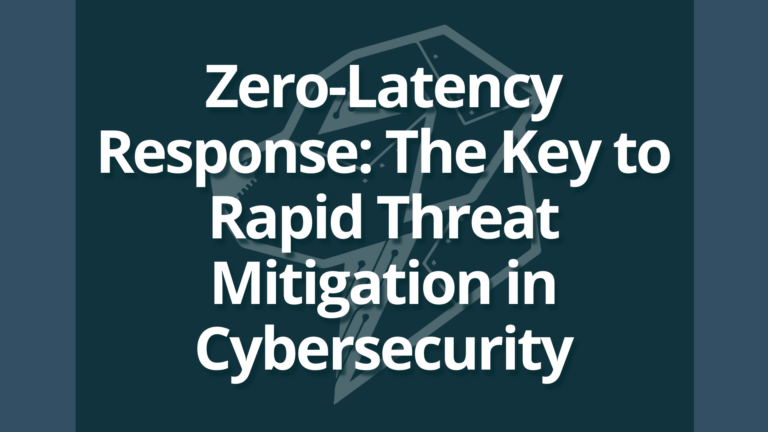As the digital age grows older, attitudes toward cyber security are changing.
Traditionally, cybersecurity has been looked at as a function of the IT department, but recent studies have shed light on how it should be at the heart of the business framework – not as an afterthought.
Leaders realize the potential value of investing in cyber security, not just to protect their businesses, but also to drive growth.
Deloitte’s latest Global Future of Cyber Survey reveals how some organizations are taking the initiative to improve their security posture because breaches are not an if, but a when it will happen.
Global Future of Cyber Survey Findings
Among the organizations surveyed this year, 91% reported at least one incident or breach which is a small increase from last year’s 88%.
55% reported suffering from negative impacts from these incidents and breaches, such as:
- Operational disruptions
- Loss of revenue
- Loss of customer trust/negative brand impact
- Reputational loss
- Defunding of a strategic initiative
- Loss of confidence in tech integrity
- Negative talent recruitment/retention impact
- Intellectual property theft
- Drop in share price
- Regulatory fines
- Change in leadership
None of these are ranked higher than others, but each of these has larger ramifications and can have a snowball effect. For example, operational disruptions include the supply chain and partner ecosystem – the result of operational disruptions can lead to negative impacts reported by respondents as loss of revenue and losing customer trust.
These consequences cost organizations money, unsurprisingly it can cost them more money to fix than it would have to purchase adequate cybersecurity measures to begin with.
The Importance of Cybersecurity is Catching On
70% of respondents said that cyber is on their board’s agenda on a regular basis.
This is a great start but ideally, every board should have cybersecurity as a major talking point for weekly, monthly, or quarterly discussions.
Why?
According to this year’s findings, there is a strong connection between cybersecurity and business impact—with 86% reporting that cyber initiatives made a significant, positive contribution on at least one key business priority.
The dynamic of organizations is changing too. Deloitte’s research showed that CISOs, C-suite executives, and their respective board members are starting to work together to implement cyber into business strategy and foster innovation.
The organizations that have already begun to leverage cyber security initiatives are following these best practices to fortify their cyber health:
- Organizational engagement
- Leadership – a governing body with senior executives and IT leaders
- Conduct incident response scenario planning
- Adopting digital transformation initiatives – AI and machine learning techniques
- A robust plan – operational, strategic, risk, action, and purchasing plan
- Investing in strong talent
- Utilizing cyber service providers to fill the gaps
Why Maturity Matters
Organizations with high cyber maturity are more concerned with their cyber health. They are paving the way for those organizations who have yet to learn the massive importance of cybersecurity as an integral part of business success.
The readiness to defend against and respond to potential cybersecurity threats and incidents is known as “cyber maturity.” This term encompasses several key factors, including the development and advancement of security controls.
A comprehensive “cyber maturity” program can help an organization assess its current level of security, identify areas needing improvement, and establish better communication and collaboration between IT staff and senior leadership. By delivering clear and actionable results, such a program can help an organization reduce its vulnerabilities and better prepare for the challenges of today’s digital world.
Conclusion
As businesses look to expand and grow, it is becoming increasingly important to integrate cyber into their plans. Cybersecurity should be seen as an essential part of any tools or processes that support business goals. By taking steps to protect themselves against cyber threats, organizations can create a stronger foundation for growth.
Cyber drives business value and is much more than just a function of IT. When organizations see the value in cyber maturity they foster positive outcomes like operational stability, brand reputation, customer trust and loyalty, and revenue growth. These components serve as a cornerstone to business success.
As technology evolves, so too does the landscape of cyber risks and opportunities. Staying ahead of these changes is critical to managing cyber risk effectively.
What was once an afterthought can no longer be ignored. Businesses must be proactive in their approach to cybersecurity, harnessing new technologies to stay ahead of potential threats. By doing so, they can protect their valuable assets and ensure a bright future for their business.
Related Content




